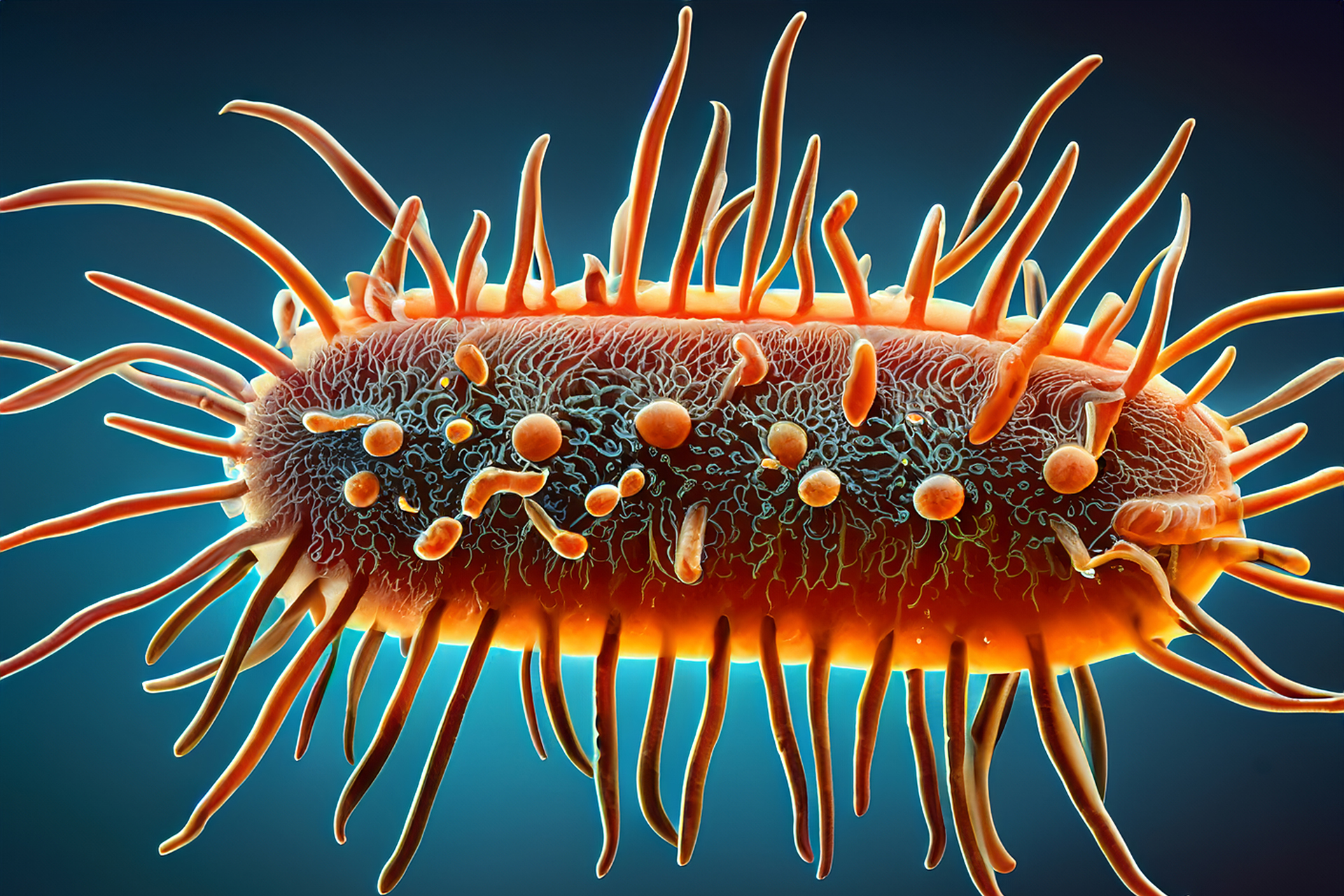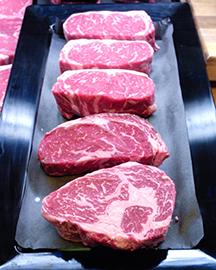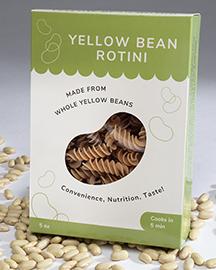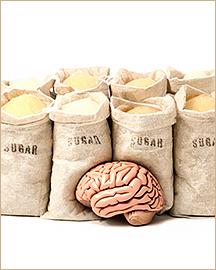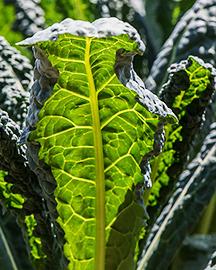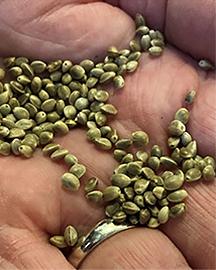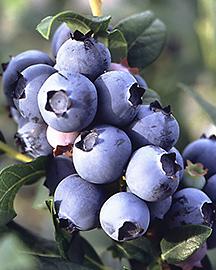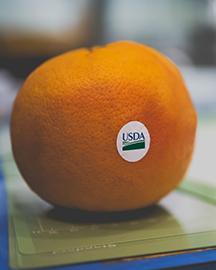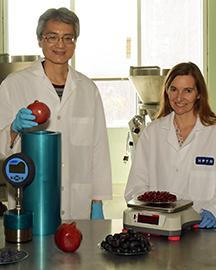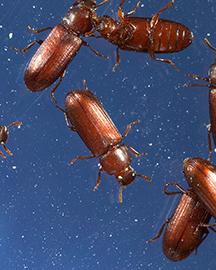New Medical Development Could Protect Against a Serious Blood Disease
Hemolytic uremic syndrome (HUS) is a serious health condition that could result in the destruction of blood platelets, a low red blood cell count, and kidney damage. The condition can appear after ingesting foods contaminated by Shiga toxigenic Escherichia coli, a critical food safety pathogen. Currently, there are no Food and Drug Administration (FDA) approved medical intervention therapies to treat HUS.
In a major breakthrough, ARS researchers in Albany, CA, developed a humanized antibody against the most lethal variant of the Shiga toxin, called Stx2. Studies determined that the antibody caused no allergic reaction, was highly effective in mitigating the toxin in vitro and in vivo, and showed potential for protecting against death and any HUS-related tissue damage. With FDA approval, this discovery could provide a medical therapeutic intervention option to combat the HUS disease in humans, especially infants and children.
Related Information



